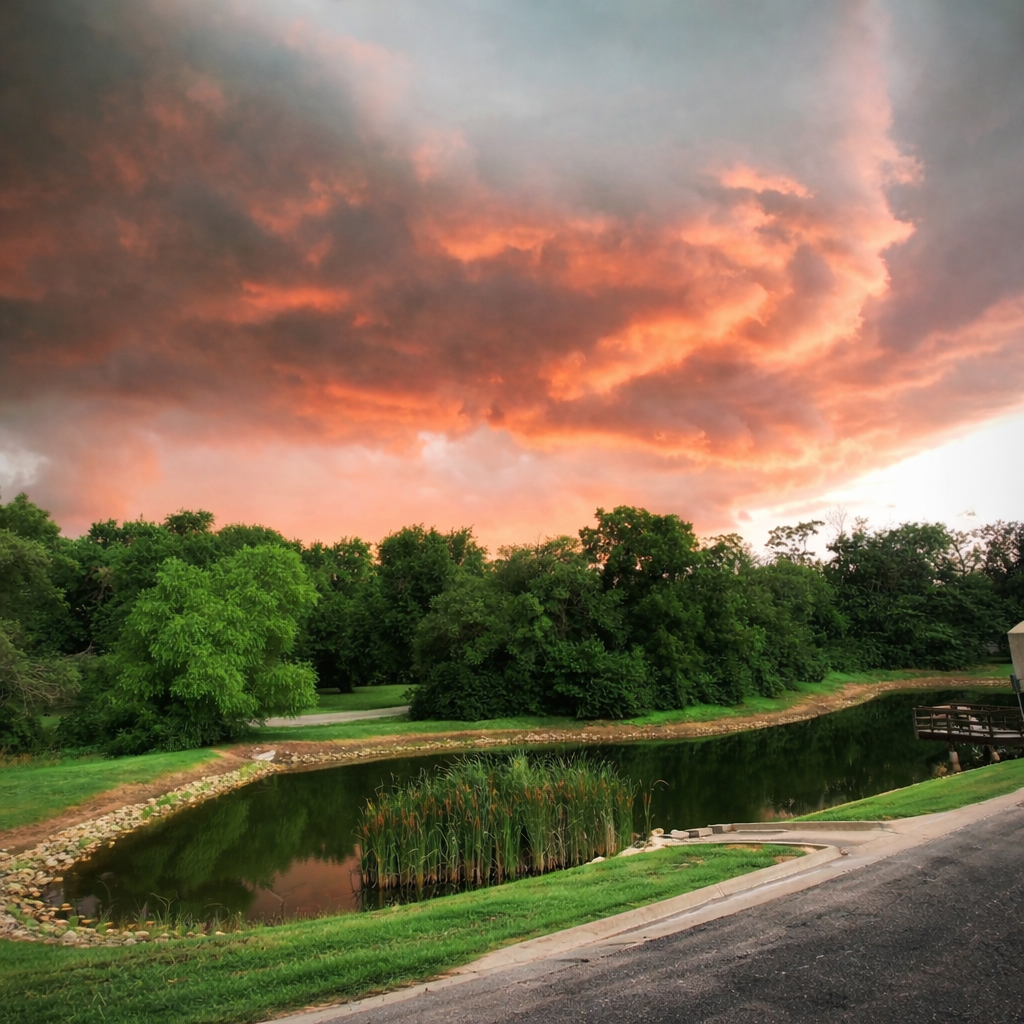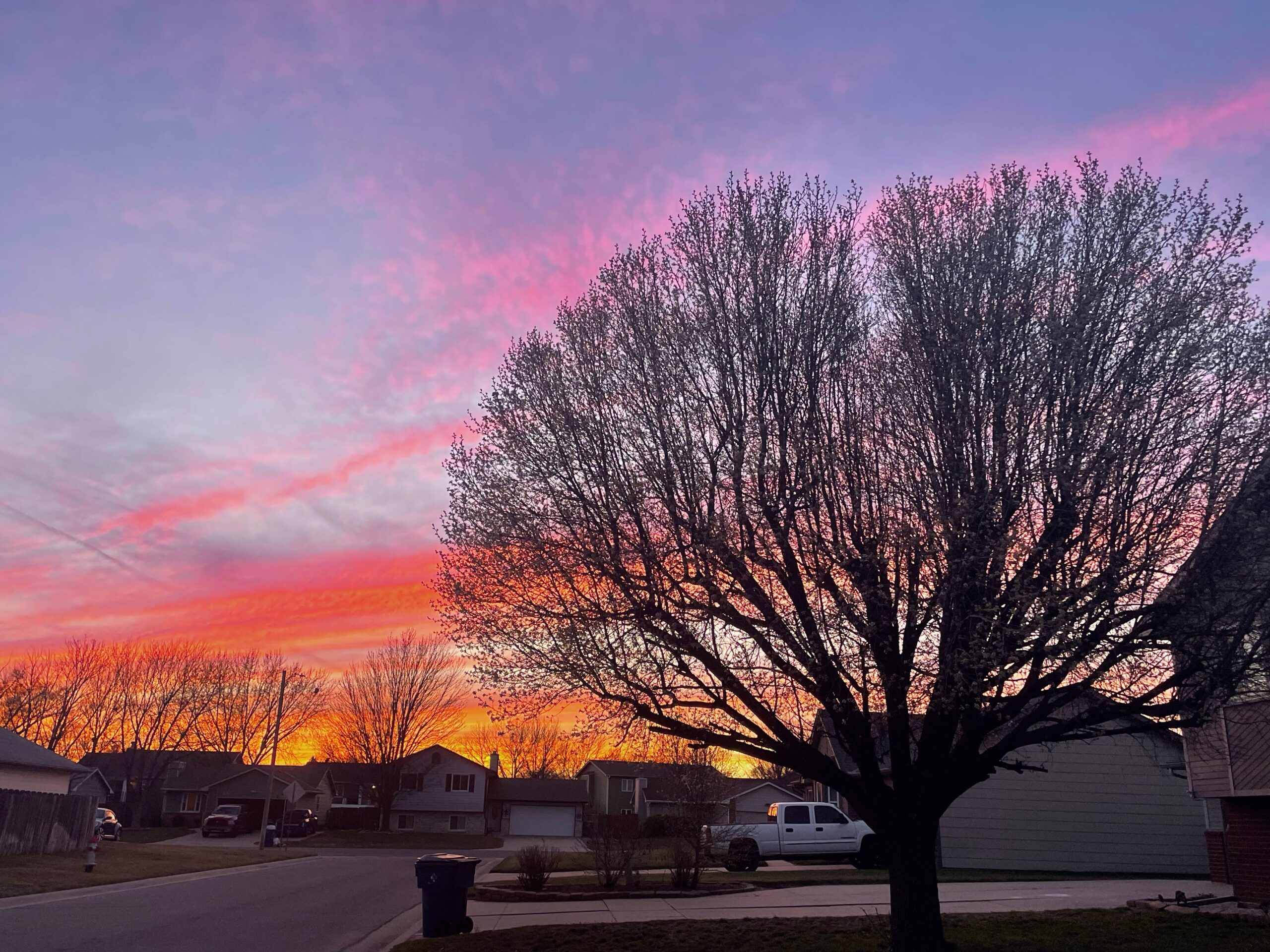Working nights in the only dementia unit of its kind in the country has been an eye-opening experience. It has given me a front row seat to something extraordinary. Our residents follow the Bredesen Protocol. This is a holistic approach with keto diets, natural therapies, and personalized care. It is designed to slow the effects of dementia and in some cases even reverse them. It’s not just a facility. It’s a place filled with resilience and hope. It teaches lessons about what it really means to live with dignity.
When people ask me what it’s like to work inside a dementia facility, I never know where to start. The truth is, no two days look the same, and no two residents walk the same journey. What stays constant, though, is that being a caretaker in this space is equal parts heartbreaking and beautiful.
Dementia doesn’t just affect memory — it affects families, daily routines, and the way people see themselves. I’ve watched residents who were once independent professionals now needing help with the smallest tasks. I’ve seen families carry the heavy weight of guilt and grief. They wonder if they made the right choice placing their loved one in care. And I’ve seen moments of joy break through all of that. It is a laugh. Sometimes, it’s a song. Occasionally, there’s a spark of recognition that feels like a miracle.
As caretakers, we are not just passing out medications and helping with meals. We are companions, advocates, and sometimes even stand-in family members. We notice subtle changes. It is a shift in mood, a spark in conversation, or a new struggle with mobility. These details matter because they’re tied to the dignity of each resident’s life.
Families often come in overwhelmed, fearful of losing the person they love to the disease. They don’t always realize their loved one is still very much here. Their presence is just in a different way. Part of my role is to bridge that gap. I reassure them that even though dementia reshapes the mind, it doesn’t erase the heart.
This work has changed me. It has shown me how fragile and sacred time is. It has taught me patience in ways I didn’t know I needed. It has made me look at my own relationships differently. I realize that the smallest gestures of kindness often mean the most.
Some days are heavy, and some nights feel endless. There are moments that make it all worth it. A resident takes your hand and smiles. A family member says they feel peace for the first time in months. You’re simply there with someone in their final days, helping them leave this world with dignity and love.
Being a caretaker in a dementia facility is not easy. But it is meaningful. For me, it’s a reminder every day. Love, even in the face of loss, has a power. Memory can’t take that power away.
💭 Reflection Question: In your experience, what’s the hardest and most beautiful part of being a caretaker?




The hardest for me is when they don’t remember me. And the greatest thing is when they do